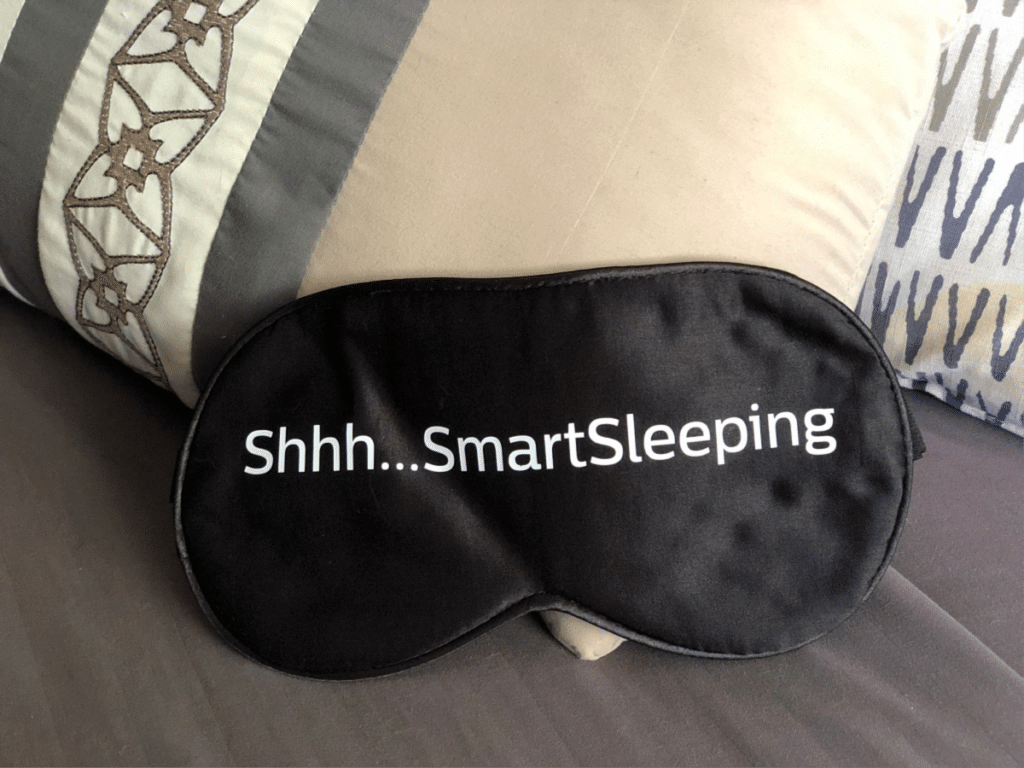
This post is sponsored by the American Academy of Sleep Medicine.
There is one thing that most of all working moms can relate to—not getting enough sleep. Being sleep deprived while working and raising a family is something that we all have struggled with, no matter the occupation or family size. We try to do it all—be successful in our careers, be good moms who are present, be amazing spouses, a good friend, so on and so forth. Doing all of that has a cost, and for many of us, that cost is sleep. Over time, not getting enough rest can amount to serious problems including poor performance at work.
Something has to give.
I recently teamed up with the American Academy of Sleep Medicine and their #SleepWorksforYou Campaign. The message is simple—in order to be the best at everything that we do, we need to have adequate sleep.
In our current 24/7 work cycle, more than 37% of those who work don’t get enough sleep. Social media and memes about success applaud the work now sleep later mentality, but that is a poor way to look at achievement. In order to be truly successful, one must also be healthy. Working more and sleeping less should not be a badge of honor. There is nothing wrong with making sleep a priority.
The American Academy of Sleep Medicine wants to urge employers to promote healthy sleep habits, as not doing so hurts productivity, safety, and overall health.
If you are guilty of the following, you may be sleep deprived:
Never turning it off
Are you always working, even after you’ve left the office and are at home? Working late may make you a management favorite but can impair how you make decisions and solve problems when you aren’t getting enough sleep.

Quality over quantity
Sleep-deprived workers have a higher rate of presenteeism. This means that they show up to work but don’t function at their best. Are you guilty of this?
Accident waiting to happen
Employees who sleep less than six hours per night are at a higher risk for injury, according to the Sleep Research Society.
The National Safety Council estimates that a typical employer with 1,000 employees can expect to lose more than $1 million each year to fatigue: $272,000 due to absenteeism and $776,000 due to presenteeism. There’s also an online Fatigue Cost Calculator to help employers gauge how much fatigue may be adding to annual bottom line.

How can you overcome all of these factors? You can start by making sleep a priority. Try to limit working overtime or after-hours so you can focus on rest and relaxation.
Working moms, let’s make sure to get enough sleep so that we stay healthy and productive. Sleep is one key to success!
For more information, visit the Sleep Works for You page created by the American Academy of Sleep Medicine.









 #birthdaybehavior
#birthdaybehavior
















My wife does not get good sleep and I’ve been thinking of sending her to a sleep study. Do you know anything about those?
I don’t get enough sleep and I know I need to do better. Thanks for the reminder.